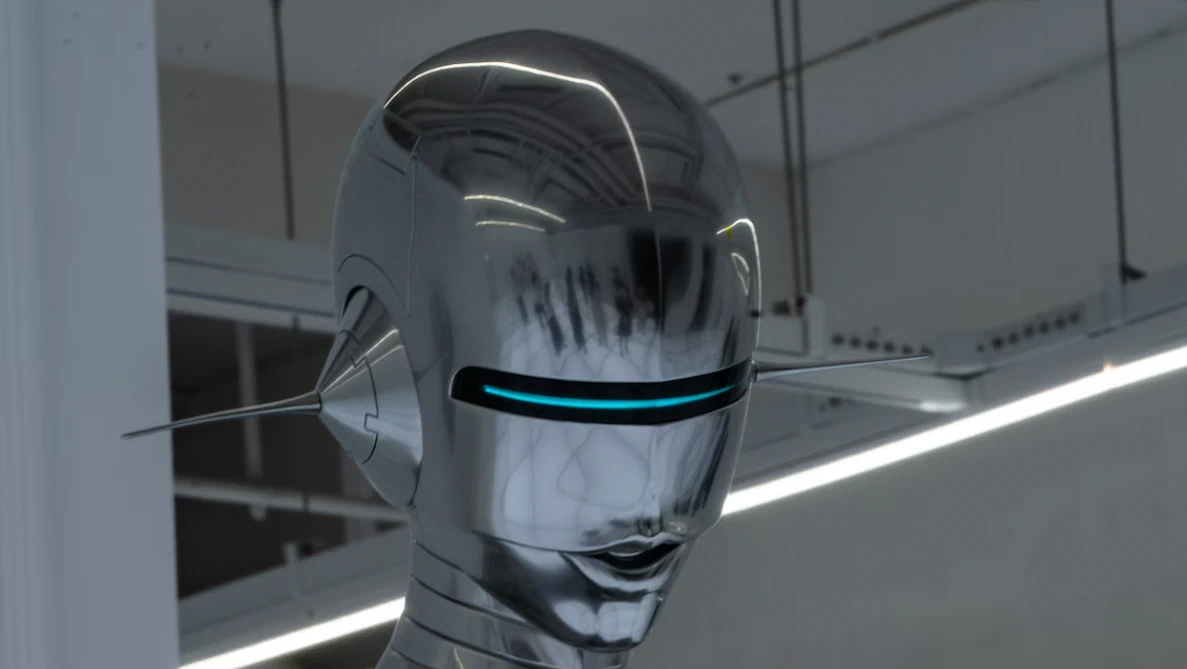In an era marked by technological advancements and innovation, artificial intelligence (AI) has emerged as a transformative force across various industries. Healthcare, in particular, has witnessed a significant shift with the integration of AI-powered diagnostics. This revolutionary technology has the potential to enhance the accuracy and efficiency of medical diagnosis and treatment. In this article, we will delve into the world of AI-powered diagnostics, exploring its applications, benefits and the future of healthcare.
Understanding AI-Powered Diagnostics
AI-powered diagnostics, also known as machine learning diagnostics, involve the use of artificial intelligence algorithms and data analysis to assist in medical diagnosis. It’s an ingenious blend of computer science, data analysis and medical expertise that offers healthcare professionals a new lens through which to view and interpret patient data.
How Does AI-Powered Diagnostics Work?
At the heart of AI-powered diagnostics are sophisticated algorithms that can analyze vast amounts of medical data quickly and accurately. This data may include patient records, medical images, lab results and even genomics. The AI system processes this information, identifies patterns and provides insights that can be used for diagnosing diseases and conditions.
Advancements in AI-Powered Diagnostics
The application of AI in diagnostics has seen remarkable progress over the years. Let’s explore some key areas where AI is making a significant impact:
1. Medical Imaging
AI has revolutionized medical imaging, making it more precise and efficient. Radiologists and healthcare professionals can now rely on AI algorithms to detect anomalies in X-rays, MRIs and CT scans. This not only speeds up the diagnostic process but also reduces the likelihood of human error.
2. Disease Detection
AI algorithms are adept at detecting early signs of various diseases, such as cancer and diabetes. By analyzing patient data, these algorithms can predict disease progression and recommend appropriate treatments, increasing the chances of successful interventions.
3. Drug Discovery
In the pharmaceutical industry, AI has accelerated drug discovery processes. Machine learning models can analyze massive datasets to identify potential drug candidates, significantly reducing the time and resources required for research and development.
The Benefits of AI-Powered Diagnostics
The integration of AI in healthcare diagnostics comes with several noteworthy advantages:
1. Enhanced Accuracy
AI-powered systems are not prone to human errors, fatigue, or bias. They consistently provide accurate and reliable results, improving the quality of medical diagnoses.
2. Faster Diagnoses
One of the most significant benefits of AI-powered diagnostics is the speed at which it operates. Rapid diagnoses are critical in emergency situations, ensuring timely medical interventions.
3. Personalized Medicine
AI allows for the customization of treatment plans based on an individual’s unique genetic makeup and medical history. This approach, known as personalized medicine, increases the likelihood of successful treatments and reduces side effects.
Challenges and Concerns
While the potential of AI-powered diagnostics is vast, it also comes with certain challenges and concerns:
1. Data Privacy
The use of patient data in AI diagnostics raises concerns about data privacy and security. Ensuring that sensitive medical information is protected is crucial.
2. Integration with Healthcare Systems
The seamless integration of AI into existing healthcare systems can be complex and costly. Hospitals and healthcare providers must invest in infrastructure and training to harness the full potential of AI.
3. Regulatory Hurdles
AI in healthcare is subject to strict regulations to ensure patient safety. Navigating these regulatory frameworks can be a significant challenge for companies and healthcare institutions.

The Future of AI-Powered Diagnostics
The future of AI-powered diagnostics is filled with promise. As technology continues to evolve, we can anticipate the following developments:
1. Increased Accessibility
AI-powered diagnostic tools will become more accessible, potentially reaching underserved areas and improving healthcare equity.
2. AI-Enhanced Telemedicine
Telemedicine will be revolutionized by AI, allowing for remote diagnostics and consultations, even in areas with limited medical infrastructure.
3. AI-Powered Wearables
Wearable devices equipped with AI algorithms will continuously monitor an individual’s health, offering real-time insights and early warnings.
AI-powered diagnostics are revolutionizing healthcare, providing more accurate and efficient means of diagnosing and treating medical conditions. With the potential to save lives and reduce healthcare costs, AI in diagnostics is a game-changer for the industry. As the technology continues to advance, it is essential to address the challenges and concerns while embracing the future possibilities that AI brings to the world of healthcare.
Nanomedicine Breakthroughs: Pioneering the Future of Healthcare
History of ODI Cricket World Cups: A Journey Through Time
Global Health Initiatives – Improving Worldwide Wellness
Vaccination Innovations: Advancing Healthcare and Saving Lives





